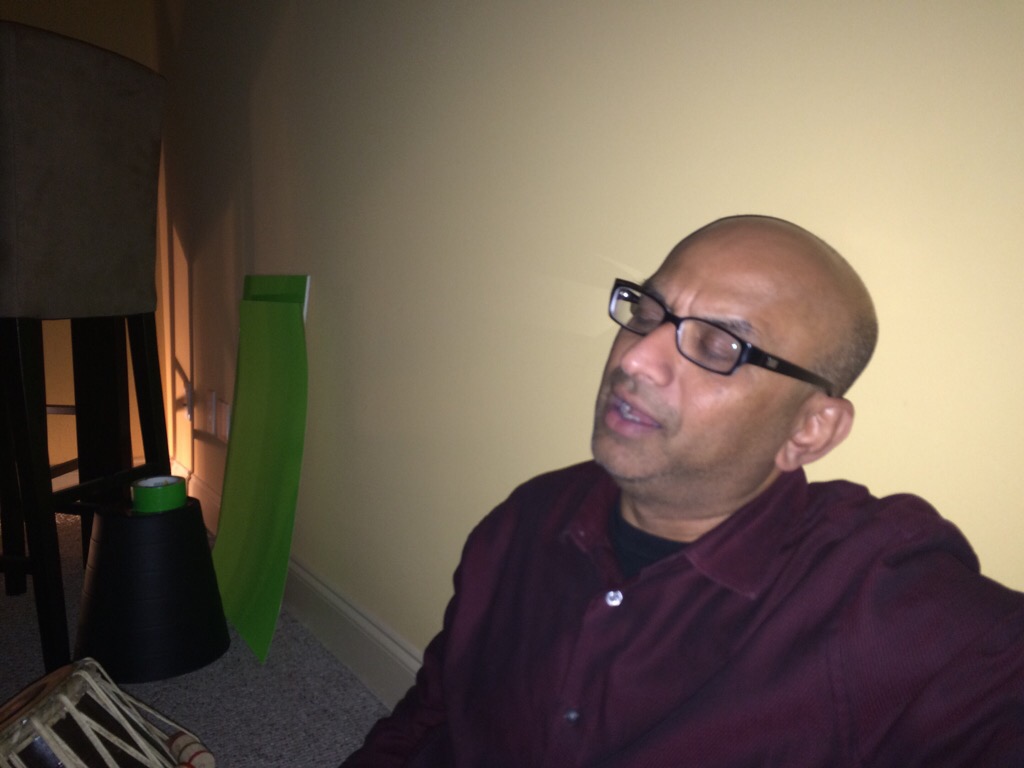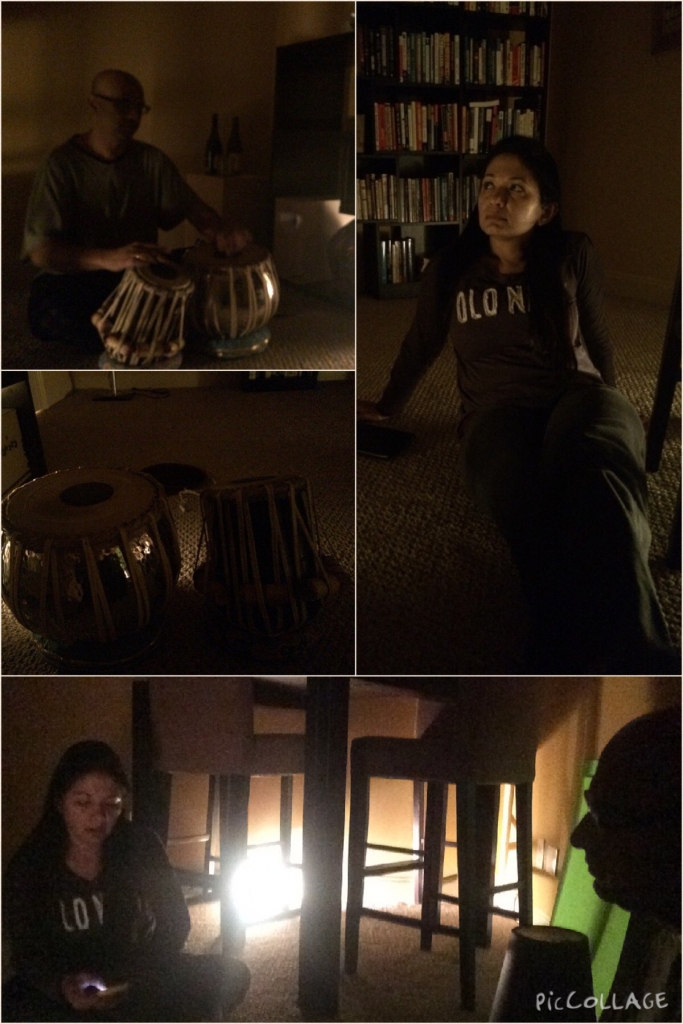Winding the week down with Friday evening music
The song of this evening was an unforgettable number sung by Ustad Sultan Khan and Chitra. I know the beautiful tune was given by Sandesh Shandilya but never found out who was the original poet behind the words.
The first two stanzas go thusly…
“Teri yeh surmayi aankhen
Panaahon mein bulaati hain
Kahin se main guzarta hoon
Yahin tak kheench laati hain
Teri yeh pyaar ki khushboo
Mujhe har pal sataati hai
Kahin se main guzarti hoon
Hazaaron gul khilaati hai”
To translate this, I have to explain what “surmayi” is. In Indian (and I think the Middle East and the whole subcontinent), ladies often apply this black stuff under the lower eyelid that accentuates their beautiful eyes. That black “stuff” is called “kohl” in Hindi and “surma” in Urdu. So, “surmayi” is referring to beautiful eyes duly decorated with “surma”.
[Indian ladies, did I do any justice to the term??? Should I have just said a “bold and beautiful version of eyeliner”?]
Anyways, the translation would roughly be…
“Your beautiful “surmayi” eyes,
Keeps beckoning to my world of imagination,
Whichever path I take to escape by,
They (the eyes) drag me right back to here (in front of you)
The sweet fragrance of your love,
Tortures me every single moment of my life,
Whichever path I take to escape by,
It (the fragrance) blooms thousands of flowers (along that path)”



